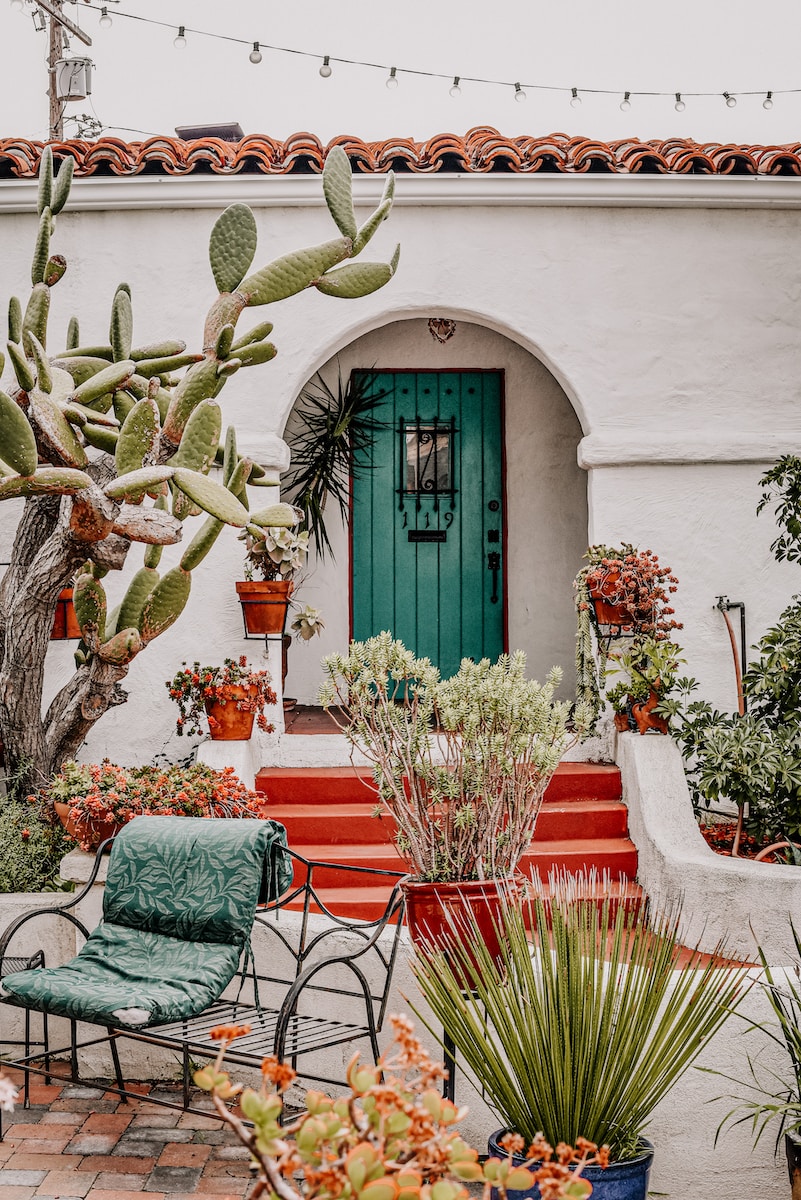Last Updated on: 22nd November 2023, 06:55 pm
If you have a spare room or an entire property that’s empty for extended periods, you might have thought about becoming an Airbnb host. As well as the opportunity to earn extra income, this route also gives you more flexibility compared to becoming a full-blown landlord – plus you have the chance to be part of a vibrant global community.
But before you take the plunge and sign up, there are some major considerations you’ll need to think through. Make sure you’re happy with the following points first:
The time commitment
It’s easy to assume that Airbnb hosting is low maintenance because so much of the process takes place online, but don’t be fooled.
First of all, you’ll have to spend time creating and tweaking your listing in order to attract people’s attention (and perhaps even supplement this with social media advertising). Then, once you have bookings, you’ll have to clean and tidy the property before and after each guest’s arrival, maintain amenities, put together guest resources (like maps and lists of recommendations), and be ready to receive and act on any guest communications (which includes quickly fixing any problems that arise in the property).
There are a lot of elements to juggle and this can be challenging – especially if you have a job in addition to your Airbnb work. Many hosts hire professional Airbnb management companies to help them with certain parts of the job. As an example, you’ll see that this Dubai-based company, Frank Porter, can handle everything from cleaning and maintenance to guest communications and listing management. But if you’d prefer to do everything yourself, draft a mock timetable to get a sense of if and when you can make room for your Airbnb responsibilities.
Your goals
Think carefully about what you want to achieve as a host right at the start. This will determine how much time, effort, and money you’ll have to dedicate to your Airbnb. For example, if you have a full-time job and are content to take whatever extra income you can get out of your Airbnb, you can be a bit more relaxed.
However, if you want your Airbnb takings to be a reliable and consistent income stream, you’ll need to commit to securing a set number of bookings every month and, therefore, put much more effort into drumming up business.
As well as considering what you’d like to achieve, work out what’s realistic. There will be expenses to factor in – such as fuel, property supplies, and any professionals you need to pay (like cleaners) – so you’ll have to calculate what you’re able to budget for. Distance could also be a factor if your Airbnb isn’t close to your home, and competition if there are lots of similar Airbnbs in the local area.
Your neighbours
Although you’re happy to welcome strangers into your Airbnb, your neighbours might not be. You can do your best to screen potential guests and only approve those who seem most likely to behave appropriately, but that’s never guaranteed.
Noisy guests, for example, would probably irritate your neighbours, so you’d have to think about the impact a situation like this could have on your relationship. Another potential issue is communal areas as your neighbours may feel uncomfortable sharing these facilities with non-residents.
Airbnb has introduced a neighbourhood support hotline that neighbours can use to report disturbances, which could bring some comfort to them. But ultimately, you’ll have to decide whether to talk to them before you become a host and think about how you’d react if they weren’t happy with you going ahead.
Dealing with customers
Sometimes guests prefer to be left alone during an Airbnb but as a host, you have to be prepared to offer excellent customer service 24/7. This may seem daunting if you’ve not had a customer service or hospitality role before, and it can be difficult to adopt a ‘customer’s always right’ stance when you’re dealing with your own property. However, you’ll need to be professional to be a successful host. Airbnb has compiled a list of host communication tips that may help you.
The risks
Lots of risks come with being an Airbnb host. Guests could cancel last minute and affect your profits, or they could damage or steal things from your property. Again, you can screen guests and avoid accepting anyone you deem high-risk but you can’t always rely on your own judgment (plus, accidents and unforeseen circumstances happen too).
Make sure to familiarise yourself with Airbnb’s insurance and host damage protection and also consider taking out a short-term rental insurance policy as issues like these won’t be covered by a standard home insurance policy. There are some extra precautions you can take, like removing valuables, but realistically you’ll have to go into Airbnb hosting aware that anything could happen and be prepared to take that risk.






